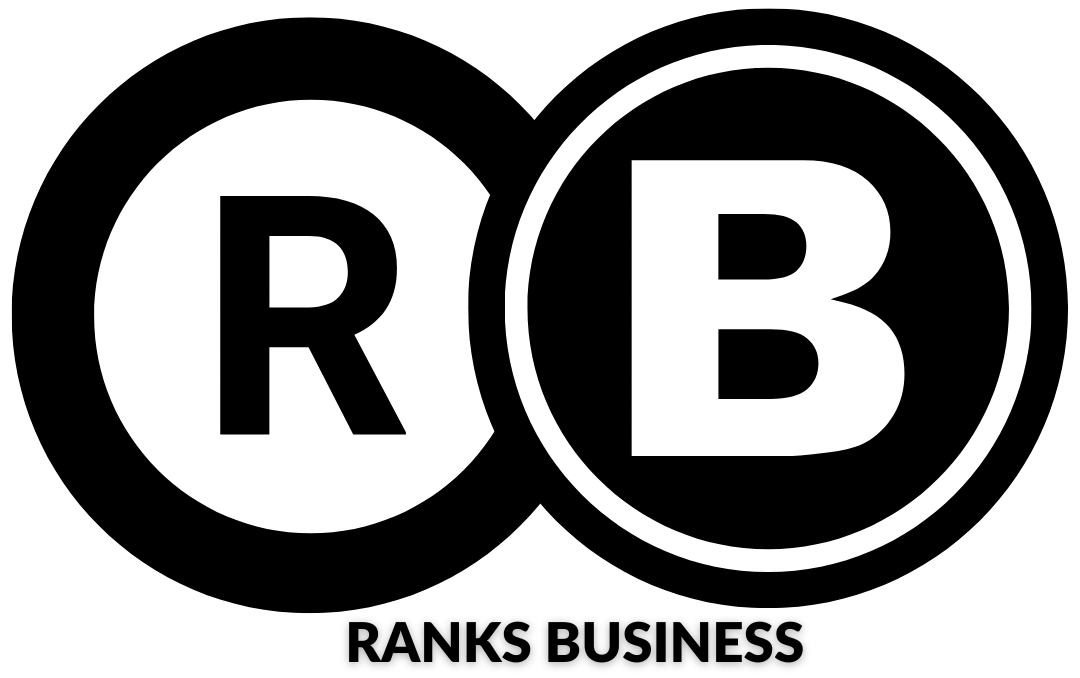Andersen, an independent tax and business advisory firm has said that the parallel rate of the naira may fall to N900 in 2023 from demand pressure if mitigating measures are not taken.
The firm that has a worldwide presence through the member firms and collaborating firms of Andersen Global disclosed this in its report titled ‘Nigeria’s 2023 economic outlook’, which was presented by its partners in Lagos.
The report read in part, “In 2022, the value of the naira was relatively more stable in the official market than in the parallel market thereby widening the premium between the two exchange rate windows. This was due to the heightened demand pressure spurred by FX illiquidity.
FX excess demand pressure is expected to continue in 2023 fuelled by varying factors such as elevated global interest rates attracting portfolio investments away from Nigeria; a structurally import-dependent economy; currency speculations if the gap between official and parallel market rates are not closed; etc, which will make the naira to remain pressured in the foreign exchange windows.
Based on this, should the CBN continue to maintain the gap, the official rate is likely to be devalued to about N500/$, while the parallel market rate depreciates to about N900/$ by the end of 2023 unless mitigating measures are taken.”
On the 2023 budget, it said the total revenue was estimated to be N10.49tn and total expenditure was approximately N21.83tn, thereby indicating a budget deficit of N11.34tn, a 39 per cent increase from the last budget’s deficit of N8.17tn
The deficit was expected to be significantly financed through domestic borrowings, it added.
According to the report, “The Director-General of the Debt Management Office stated that improvement in revenue generation serves as a solution to the increasing debt profile. Despite the increase in government income and expenditure altogether, the education and health sectors are still underfunded.
“The rising inflation rate and the impact of the Russia-Ukraine war on food and energy prices are factors likely to affect Nigeria’s 2023 budget performance.”
It noted that the financial services sector grew by 12.7 per cent in Q3, 2022.
The sector had also been driven by several factors such as technology adoption, increasing population, increase in credit to the private sector, the rise of the fintech industry, competitive landscape and government reforms among others.
“Recent trends in the sector include a focus on digitisation and adoption of new and emerging technologies, currency redesign and cash withdrawal limits, bank and fintech
partnerships, insurtech, etc,” the statement said.

